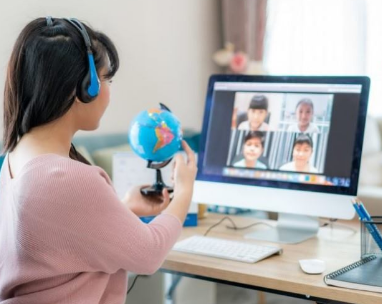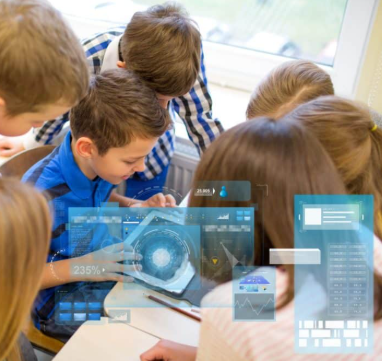In today’s dynamic job market, career transitions have become a common part of professional life. Whether prompted by personal growth, industry changes, or new opportunities, shifting careers can be both exciting and challenging. One of the most effective ways to navigate this change is through lifelong learning.
Understanding Career Transitions
A career transition refers to a significant change in one’s professional path. This might involve moving to a new industry, taking on a different role, or even starting a business. These transitions often require new skills and perspectives, which lifelong learning can provide.
Why Lifelong Learning Matters
Lifelong learning is the continuous pursuit of knowledge, both formally and informally. It helps individuals stay updated with evolving industry standards, sharpen existing skills, and explore new interests. For those in transition, it offers a way to bridge gaps in experience and boost confidence in unfamiliar roles.
Benefits of Lifelong Learning During Transitions
-
Skill Development
New careers often demand different skill sets. Online courses, workshops, and certifications can help individuals acquire these competencies efficiently. -
Increased Adaptability
Lifelong learners tend to be more flexible and open to change—qualities that are essential during a career shift. -
Improved Problem-Solving
Continued learning nurtures critical thinking and innovation, valuable traits in any professional setting. -
Enhanced Confidence
Gaining new knowledge reinforces self-assurance, especially when stepping into a new role or industry.
Practical Ways to Learn Continuously
-
Enroll in Online Courses
Platforms like Coursera, edX, and LinkedIn Learning offer courses across various fields and skill levels. -
Join Professional Groups
Networking with others in your desired field can offer learning opportunities and support. -
Attend Workshops and Seminars
These events provide hands-on experience and expose learners to the latest trends and tools. -
Read and Research
Books, articles, and reputable websites are great sources of updated information and insights.
Making Learning a Habit
To get the most out of lifelong learning during a career transition:
-
Set clear learning goals aligned with your new career path.
-
Create a consistent study schedule.
-
Reflect on what you’ve learned and how it applies to your future role.
-
Celebrate small achievements to stay motivated.
Conclusion
Lifelong learning empowers individuals to embrace change and thrive in new professional roles. By committing to continuous education, career transitions can become opportunities for growth, discovery, and long-term fulfillment.






